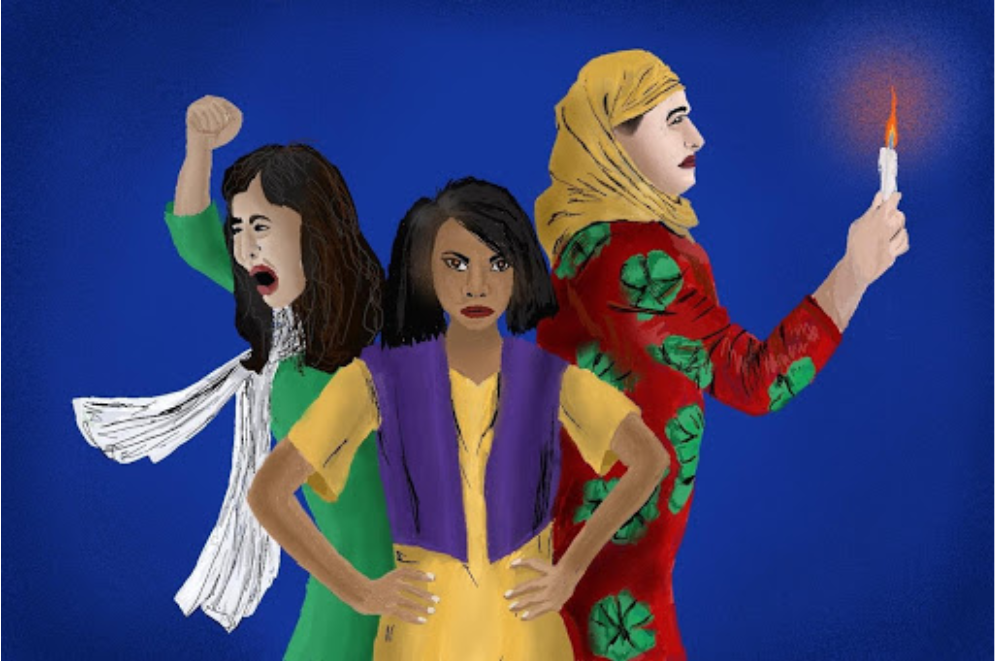An IHRP Fellow finds the serendipity of changed plans with the Ontario Council of Agencies Serving Immigrants

Planning – 2020 will have you know – is for the weak.
It was 11 a.m. in February, towards the end of my criminal law class, when I remembered that the deadline for the IHRP fellowship funding application was an hour away. I was prepared for a frighteningly adventurous summer with Equality Effect to work on a challenge to Malawi’s rape corroboration law. Funding was the last obstacle I had to conquer before heading to Africa for my 1L summer. To my delight, by March 10, it was approved!
At the same time, whispers of the pandemic were growing into a cacophony, and no less than six days after the guarantee of funds, we were in complete lockdown. As the internship was largely field-work based, it was pushed indefinitely, and Blantyre, Zomba, and Lilongwe gave way to that single room in Toronto for the foreseeable future.
Despite the initial feeling of defeat, the formidably resourceful Petra Molnar, interim Director of the IHRP in the 2019-2020 academic year, swept into the whirlwind and produced a plethora of alternative organizations for me to work with on the ubiquitous issue of violence against women. A few weeks, emails, and interviews later, I was in a Zoom call with Dr. Margarita Pintin-Perez of the Ontario Council of Agencies Serving Immigrants (OCASI), coming on board as a summer fellow.
My summer was spent working on a portion of a five-year project on building leadership capacity to address gender-based violence (GBV) against non-status refugee and immigrant (NSRI) women. Specifically, it centred on the experiences of non-status women in Canada at the intersection of domestic violence and immigration enforcement. I was pulled into the deep end of work that had already begun under the leadership of a set of tireless women. The learning experience that followed was both enriching and eye-opening.
As a Pakistani national, I had grown up heavily cognisant of the discriminatory effects of borders on access to opportunity, and had learnt to navigate them as an inescapable reality. Three months at OCASI, however, revealed the weakness of that approach. The Building Leadership Capacity Project highlighted that as a society seeking to alleviate systemic discrimination, we needed to advocate against the status quo. Taking part in the project’s execution taught me that by centering affected voices and connecting distinct community advocacy efforts, we can better situate ourselves to shift a culture that has become desensitized to the appalling harms of systemic discrimination. The pandemic and the Black Lives Matter protests amplified the inequalities that these initiatives were looking to uproot.
I worked with people for whom navigating systemic discrimination was only one arm of a long-run war effort where advocacy was the main cavalry. I spent mornings meeting community advocates (on Zoom, of course) working at different levels of service delivery across Canada to alleviate the adverse effects of GBV. Corresponding afternoons were spent on calls with Margarita, working on reports while discussing the systemic violence inherent in immigration policies that facilitated the continued marginalisation of women who were seeking refuge from persecution.
In the same breath, I saw the power and the limits of legal advocacy. Whereas lawyers were trained to formally lend their voices to clients and extend their grievances to courts for adjudication and to the legislature for policy change, community advocates were positioned to harness the full force of those voices to deliver wide-scale impact.
These months showcased the boldness, patience, and communication required to achieve sustainable cultural shifts in attitudes towards marginalised communities in a system programmed to work against them.
At the close of the summer, I headed out to meet some of the incredible people at the Rights of Non-Status Women’s Network in a backyard lit by fairy lights. With vegetable chips, guac and a strong ginger ale as the evening’s sustenance, we spoke about advocacy fatigue, shared experiences as women of colour and ironically, how depressingly radical jolts in history offered greater hope for success to long-run advocacy efforts. Despite the travel advisory, I had unlocked a new community in an otherwise strangely isolating summer.
A version of this article appears on Rights Review’s website here.





